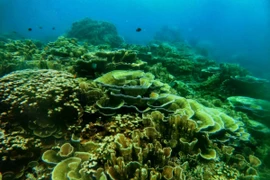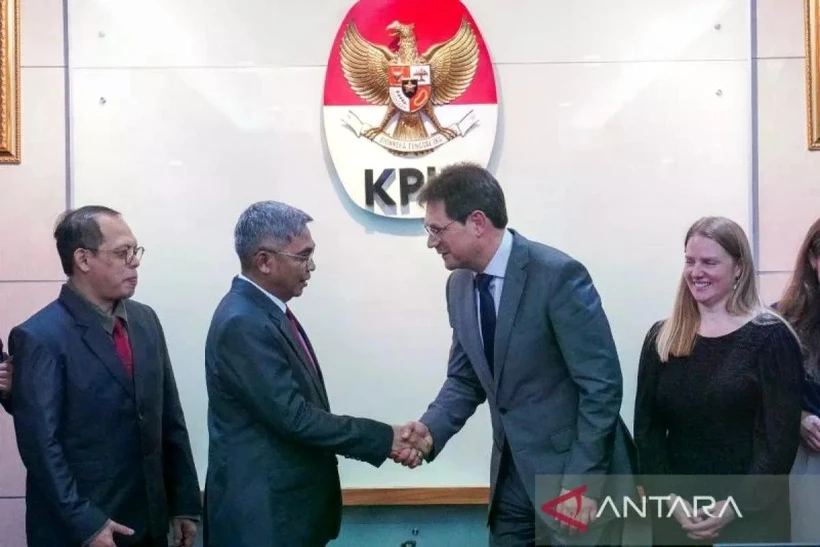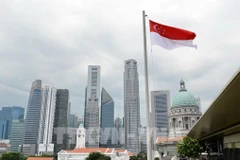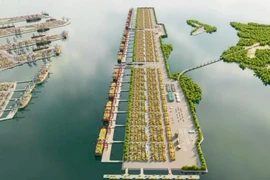Jakarta (VNA) - Indonesia's Corruption Eradication Commission (KPK) and the Serious Fraud Office (SFO) of the United Kingdom have agreed to strengthen collaboration on transnational corruption cases.
Officials from the two anti-graft agencies discussed plans for a technical training session on investigations, scheduled for late this month, KPK said in a statement issued on February 14.
The initiative will involve the British Embassy, Indonesia's National Police (Polri), and prosecutors, among others.
KPK Chairman Setyo Budiyanto stressed that the British government has extensive experience in investigating bribery cases involving public officials and hoped that the SFO and KPK will cooperate to support Indonesia's accessing to the Organisation for Economic Cooperation and Development (OECD).
He noted that the KPK and SFO have enjoyed mutually beneficial cooperation since the signing of a memorandum of understanding (MoU) on June 7, 2010. The MoU has allowed the exchange of information, data, and experiences on corruption and money laundering cases, as well as joint training activities.
The two agencies have worked together on corruption cases related to PT Pertamina, PT Garuda Indonesia, Rolls-Royce, Airbus, and Innospec, he added.
Meanwhile, SFO director Ephgrave affirmed that his office sees the KPK as a long-term, valuable, and strategic partner.
He went on to say that the SFO is planning to send two senior investigators to Indonesia to share best practices during the upcoming workshop/training session.
The British agency also expressed its intention to continue working with the KPK to pursue the recovery of assets related to corruption cases./.

Indonesia establishes two more maritime conservation areas
With the addition of two conservation areas, Indonesia's total marine conservation area has surpassed 30 million hectares, almost reaching the national 2030 target of 32.5 million hectares.

























